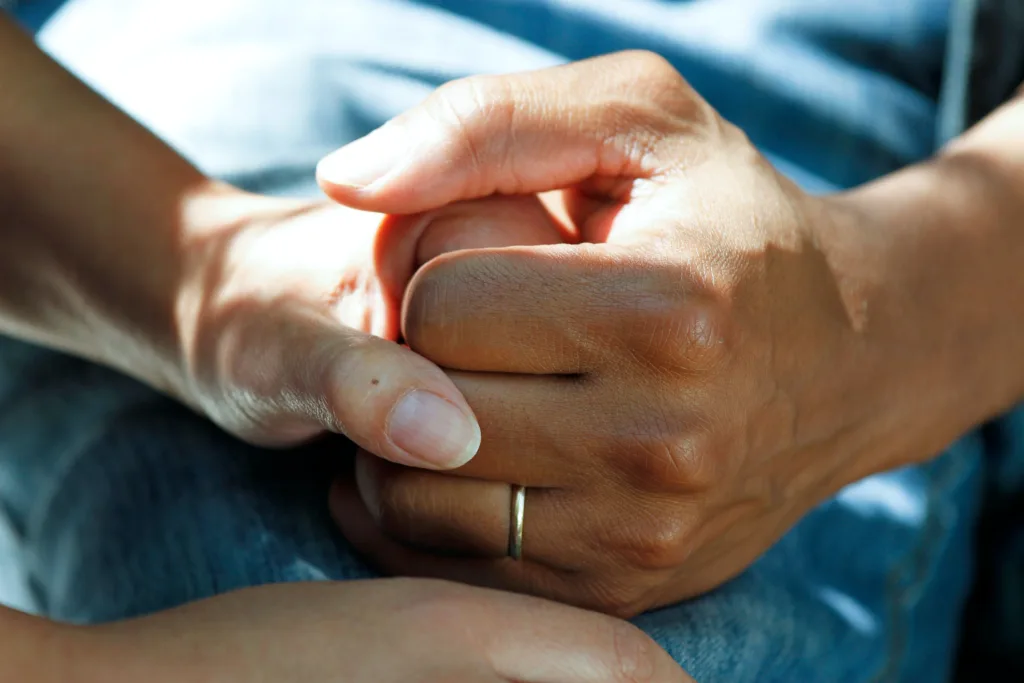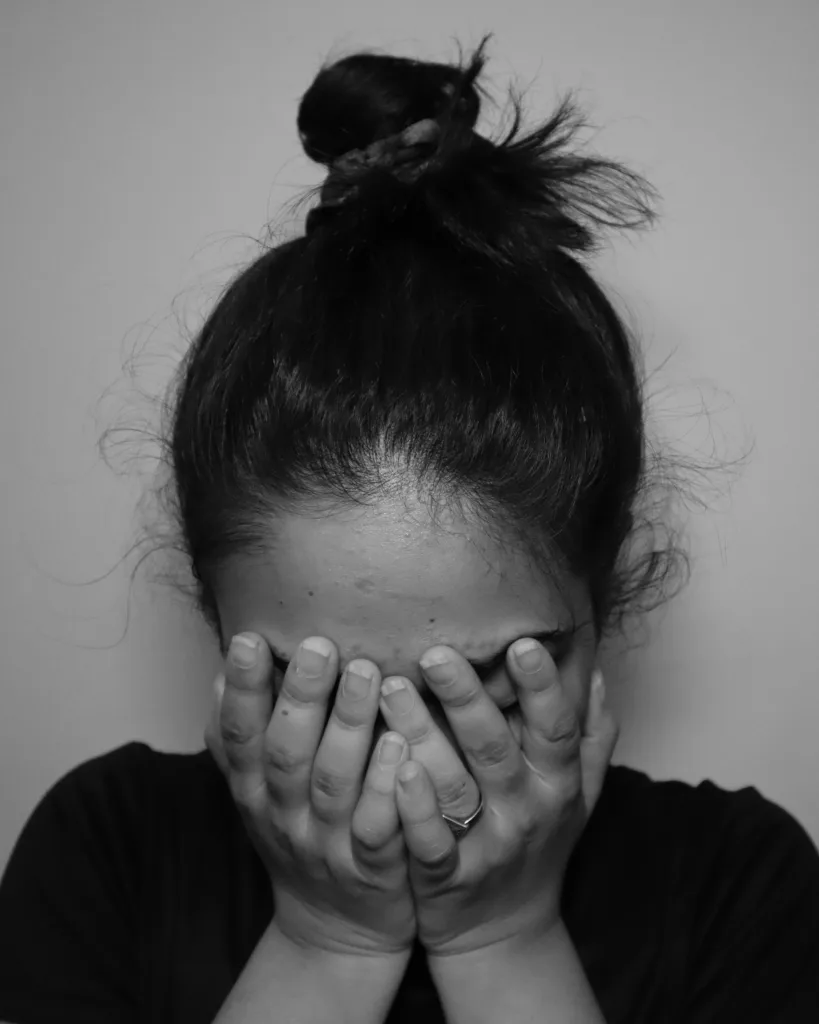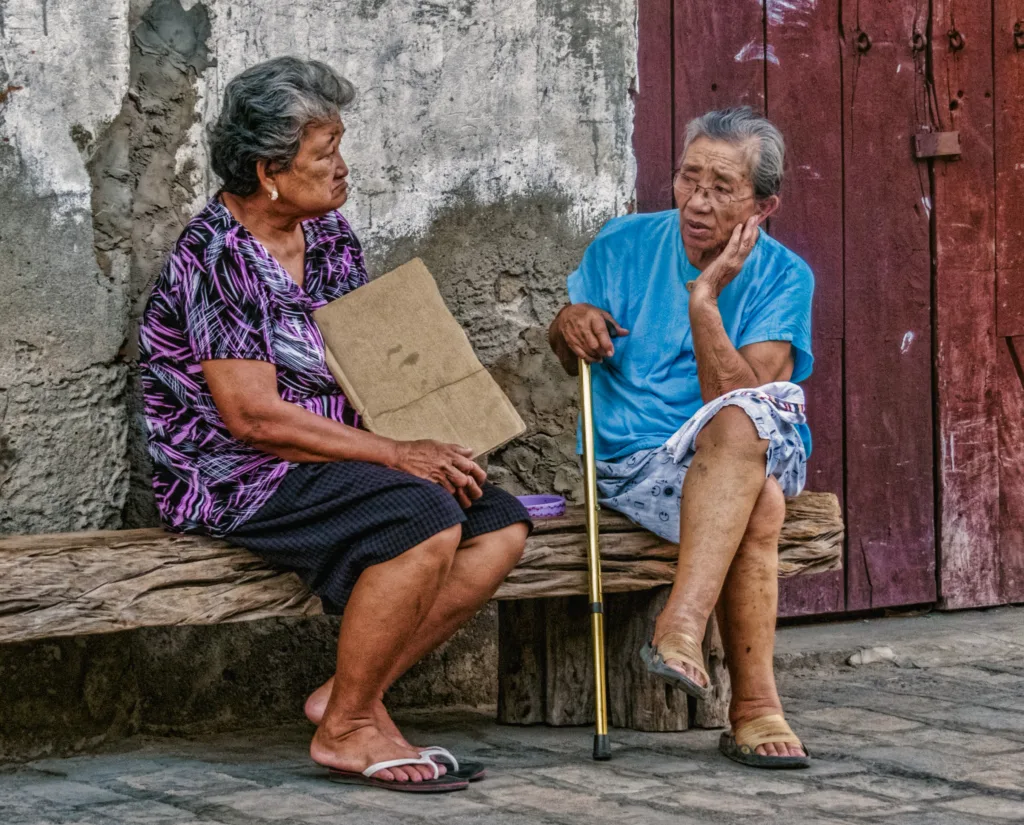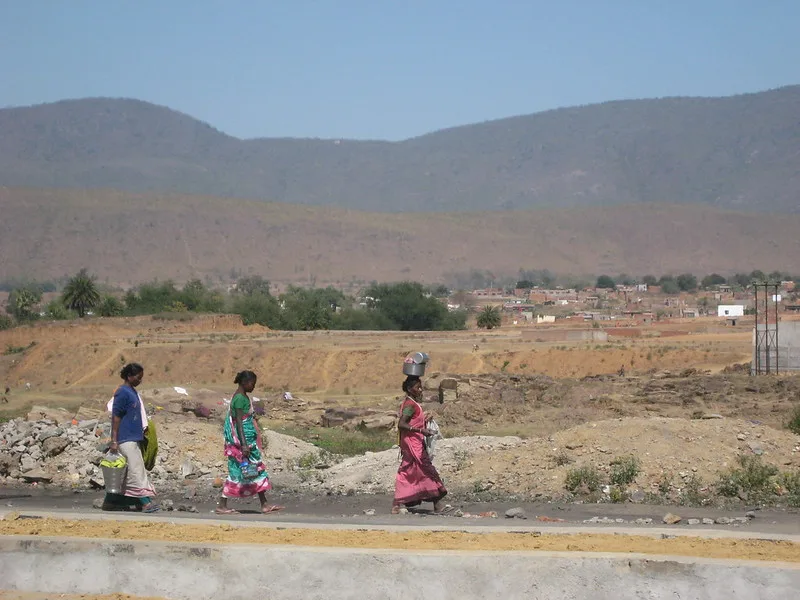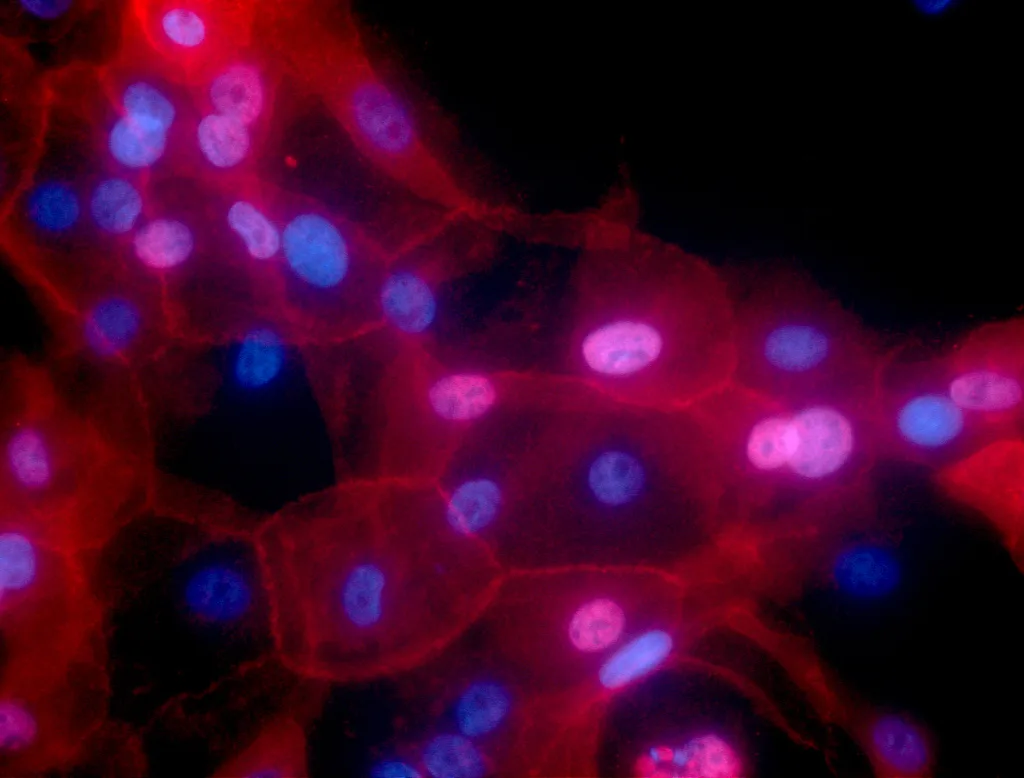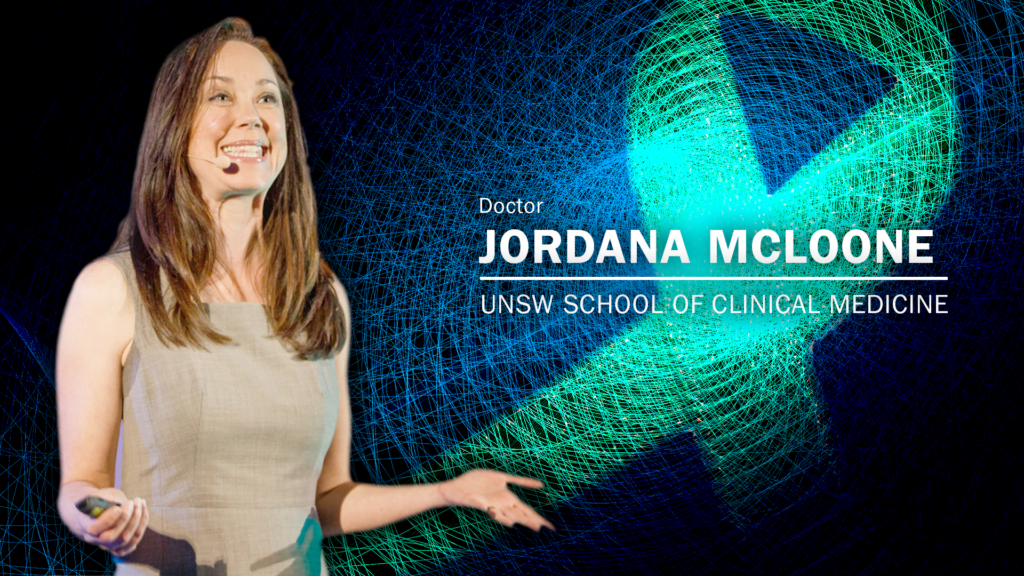We use cookies to improve your experience with Monash. For an optimal experience, we recommend you enable all cookies; alternatively, you can customise which cookies you’re happy for us to use. You may withdraw your consent at any time. To learn more, view our Website Terms and Conditions and Data Protection and Privacy Procedure.
Cancer care is more than survival
Published on February 5, 2024Britain’s King Charles has been diagnosed with cancer. As we mark World Cancer Day, we look at how cancer affects people across the Indo-Pacific, how survivors are being helped and the new research into possible cures.
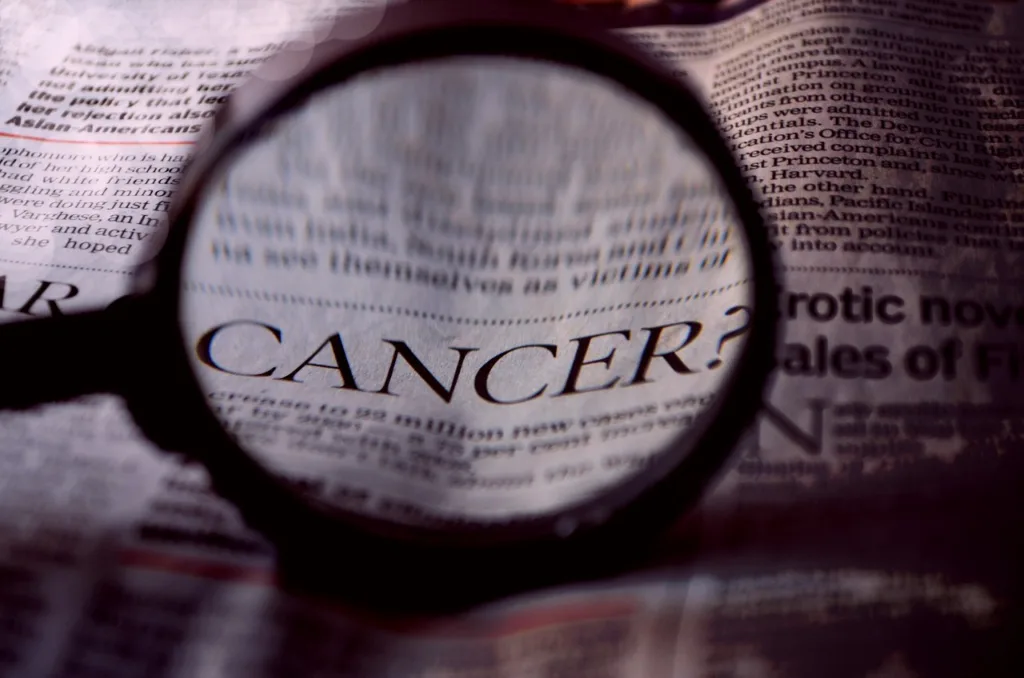 Cancer is a global health issue with no ready solutions in sight. : PDPics via Pixabay
Cancer is a global health issue with no ready solutions in sight. : PDPics via Pixabay
Britain’s King Charles has been diagnosed with cancer. As we mark World Cancer Day, we look at how cancer affects people across the Indo-Pacific, how survivors are being helped and the new research into possible cures.
Cancer is a many-headed hydra, with only slow-burning torches in sight.
It is the second leading cause of death globally, and its damage cuts across medical, financial and emotional lines, affecting families, healthcare systems and economies.
Asia records 58.3 percent of all global cancer deaths. Early onset cancer is on the rise. Tobacco use, poor diets, longevity, lack of physical activity, and exposure to carcinogens – artificial sweetener aspartame and air pollution join the growing list – have contributed to the increase in cancer globally.
Advancements in treatment can lead to improved survival rates for many types of cancer, even as overall incidence has risen.
The successful development of mRNA Covid-19 vaccines holds promise for the development of cancer vaccines, currently under clinical trials.
Personalised cancer medicines specific to an individual’s tumour type promise to reduce side effects and control the re-emergence of tumours. But it will be a while before such forms of targeted care become the norm.
For now, the average cost of a year’s treatment exceeds USD$100,000 per year, putting a huge economic burden on families and resulting in catastrophic out-of-pocket expenditure at the household level.
Apart from the medical burden of cancer, growing research attests to the economic and emotional toll cancer takes on those affected and their families. Cancer treatment can be accompanied by job loss, reduced productivity, discrimination and stigma, often resulting in loss of household income.
Bring in economic, social and gender inequality, and the story becomes worse. There is no insurance coverage for follow-up treatment or non-medical expenses, such as travel to treatment centres, which bears heavily on lower-income groups.
There is also no guarantee that the cancer will not return. Even after successful treatment, preventing the return of sleeping cancer cells – a process known as senescence – requires more research.
Toxic after-effects of cancer treatment also remain a concern for survivors, even as non-toxic treatments such as plant-based therapies are emerging as complementary to conventional cancer therapies. Australia is on track to become the first country to eliminate cervical cancer, thanks in large part to a national HPV vaccination programme that began in 2007.
The lessons from there could translate across the Indo-Pacific region. However, a revolution in cancer care remains elusive. Inequities in healthcare systems in low- and middle-income countries are one reason for this.
First Nations women in Australia have almost twice the likelihood of cervical cancer diagnosis as non‑Indigenous women, and they face greater barriers to accessing cervical screening.
For women in India, breast and cervical cancer are the most common – and highly preventable – cancers, drawing attention to gender-based barriers to health-seeking behaviour. Early detection and treatment can substantially improve life expectancy. Timely diagnosis of breast cancer, a critical factor for higher survival rates, is significantly more likely in high Human Development Index countries.
Many Asian societies deal with disease as a family affair, with family members closely involved in healthcare decision-making and support. Cancer becomes more than a physical sickness – it is a fight for quality of life, for whole families as much as patients themselves.
Addressing not just the medical aspects but also the financial, psychological and cultural aspects of cancer could have benefits extending beyond patients and families and into whole communities and even economies.
Originally published under Creative Commons by 360info™.


